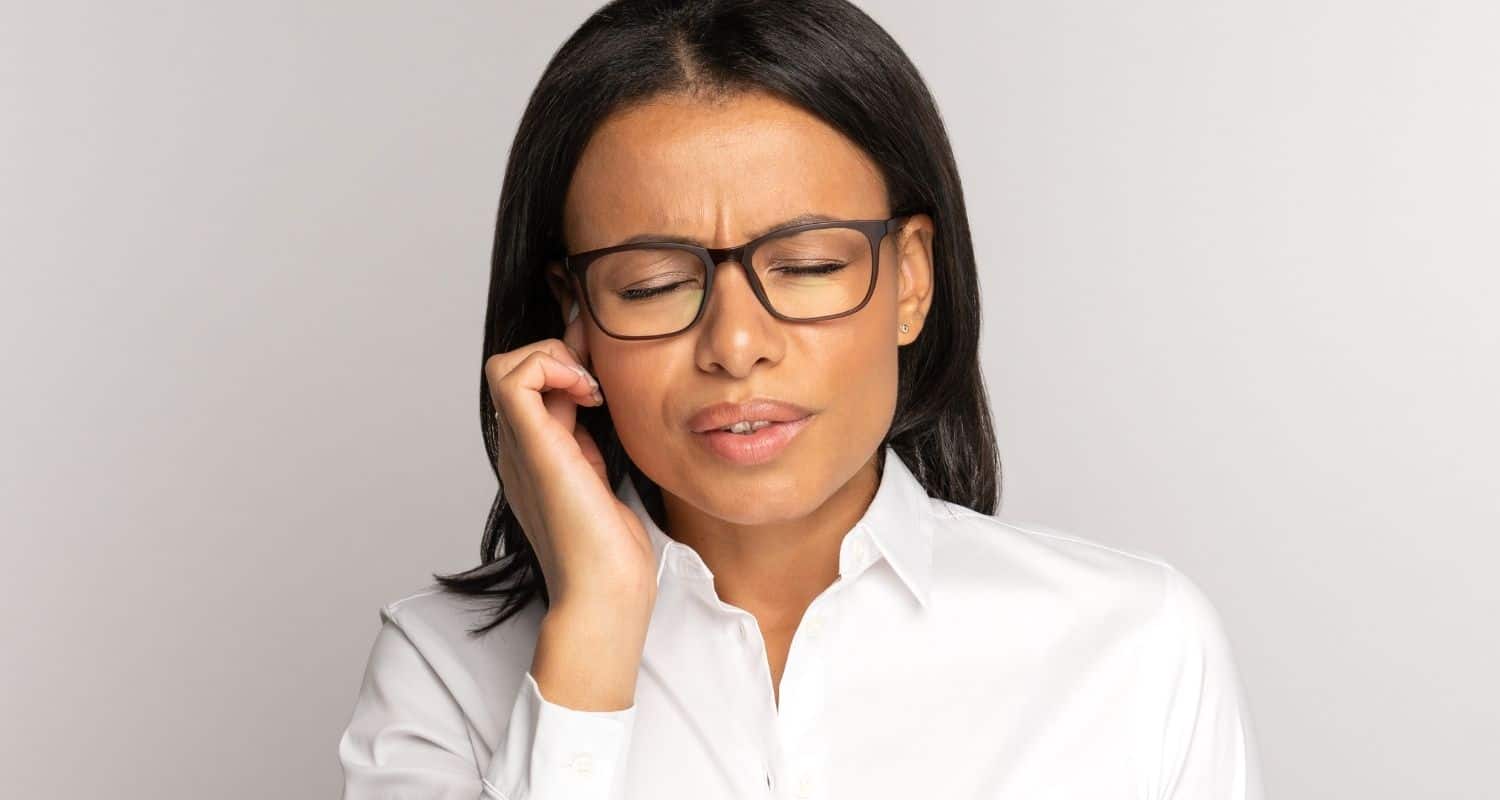
Tinnitus is the condition of sustained sound coming from within the body. Many people use the general phrase “ringing in the ears” to describe those sounds, but in fact, they take many forms. Some people hear ringing, but others describe it as whooshing, humming, buzzing, roaring, or even clicking. There are two main types of tinnitus. The first type—objective tinnitus—is less common. This tinnitus results from a sound in the body that doctors can identify and hear with their instruments. Sometimes this tinnitus results from a blockage in a blood vessel near the eardrum, and other times it comes from a bone clicking in that part of the head.
The more common type of tinnitus is called subjective tinnitus. This type results from a sound that only the individual can hear. The tiny hairlike organelles of the inner ear called stereocilia have been bent, broken, or otherwise damaged. When this damage leads to hearing loss, the stereocilia are effectively turned off. When this damage leads to tinnitus, however, the receptor for this frequency is effectively turned on. Healthcare providers cannot hear the sounds with any instruments – tinnitus exists in the auditory nervous system connecting the ears and the brain.
Let’s take a moment to learn more about how common tinnitus is in the general population, as well as the treatment options that are out there.
Tinnitus among American Adults
A recent study from the University of California Irvine has discovered that nearly one in ten American adults has tinnitus. Specifically, they collected data from 75,764 adults over the age of 18. The results mean that, out of an estimated 222.1 million US adults, about 21.4 million of them have experienced tinnitus in the last 12 months. This incredibly high number prompts us to ask what is causing tinnitus in such high numbers. One of the top causes of tinnitus is noise exposure. When we are exposed to loud sounds, particularly when it is for a sustained duration of time, we can experience both tinnitus and hearing loss as a result.
Noise exposure is calculated according to the decibel level of sound in terms of volume and the duration of sound in terms of minutes and hours. A very loud sound can cause hearing loss or tinnitus in a moment, but relatively quieter sounds can also cause these conditions when they are experienced for a sustained amount of time.
Tinnitus Treatment
Although there is not a known cure for subjective tinnitus that would restore the damaged stereocilia, that doesn’t mean that there aren’t treatment options available. Many people come up with treatment at home with household items. Some people find that a fan is enough to produce sounds that cover the ringing of tinnitus. Others turn on a television or radio at a low volume while they fall asleep, producing a spectrum of sound that masks the tones produced by tinnitus.
In addition to these household items, some people purchase white noise machines that help them fall asleep, and some of these sleep machines produce sounds that imitate nature, such as wind, waves, or animals at night. These devices can be helpful while at home falling asleep, but they can’t help treat tinnitus throughout the day. When you are out and about, you might find yourself in a quiet situation where tinnitus symptoms are frustrating, and you need something to move through the day with you.
Many of the latest models of hearing aids can also treat tinnitus. These devices produce sounds that match those produced by tinnitus. They reproduce those sounds in the opposite “phase” relationship, effectively canceling those frequencies. It can take some time to dial in these devices to find the precise time of each tinnitus symptom, but they can be very effective at easing the effect of tinnitus, thereby relieving the psychological symptoms that are associated.
If you are interested in getting treatment for tinnitus, the first step is to contact us for a consultation. We will help diagnose your tinnitus symptoms as well as any hearing loss that may be present. With this diagnosis in place, we can pair you with the right treatment for your needs.
